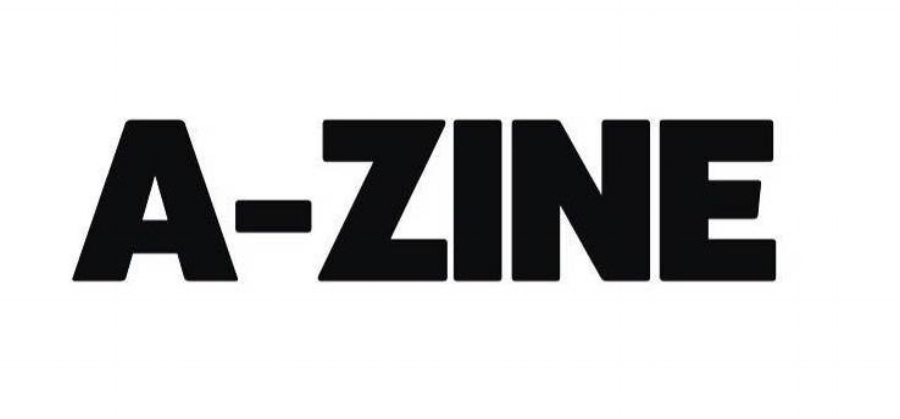Modern Day Spirituality - Is Astrology On The Rise?
By Christina Karras
Astrology has been something I’ve enjoyed engaging with ironically – and un-ironically – since I was a kid.
It’s been around for eons, originating “in 4th century B.C.” according to the American Federation of Astrologers. But recently, astrology has found itself a well-placed niche on social media, appearing in references like Drake’s recent album ‘Scorpion’ (named after his zodiac sign) or the astrology dedicated meme accounts taking over Instagram, like @notallgeminis, amassing more than 200 thousand followers.
On one hand, I am fully aware of the Barnum effect, and our tendency to accept information that feels compelling - despite it being so intensely vague that it is in fact, essentially worthless.
But on the other, it’s a bit of harmless fun and can be a light-hearted lens which people use to make sense of the unpredictable, and often stressful world around us.
But, why is it having a moment in the spotlight now?
Chani Nicholas, an astrologer based in Los Angeles suggests attitudes towards non-traditional spirituality are evolving.
“There’s something that’s happened in the last five years… millennials have taken [astrology] and and run with it," she said to The Atlantic.
Data suggests religious beliefs in Australia have transformed over the last 50 years. In 1966, Christianity was the main religion, however in the most recent 2016 Census, ‘No Religion’ was the most popular answer.
The survey also demonstrated our spiritual diversity; with over 100 different religions people named as having an affiliation with.
In fact, the census saw Australians nominate many non-conventional religions. While ‘the other religions’ and ‘other secular beliefs’ categories were topped by Atheism, Agnosticism and Own Spiritual Beliefs, others like Wiccan (Witchcraft), Druidism and Scientology also made the list.
While the numbers for traditional Christian religions in Australia are still significantly higher, (52%) various beliefs in higher powers are evident.
British sociology professor Nick Allum suggests, “those who believe in God or a ‘spirit of some kind’ are also more likely to find astrology a scientifically credible activity.”
Noting astrology’s recent spike in the media and the endless mentions of 'Mercury Retrograde', Google Trends offered some insights into our modern day spirituality.
Data: Google Trends
While on average, more people were still googling ‘religion’ over ‘astrology’; it affirmed that astrology has definitely been having a moment… at least regarding people’s curiosity on the Internet. In fact, the high peak in July aligns with the date of the recent lunar eclipse. And in 2014, more than half of young adults in the U.S. said they believe astrology is a science, emphasising the link between an interest in astronomy with the astrological.
With the numerous issues plaguing society, from displaced peoples to climate change, perhaps astrology's positive affirmations and powers of suggestion have the potential to offer a sense of comfort and faith, for those so inclined.
So while some may roll their eyes hearing people use encompassing cliches to describe their ex-partner, popularizing phrases like, "they loved the attention and were such a Leo”, it seems to be part of a broader shift in our sense of spirituality - one that sees magic and mysticism referenced more regularly, at the very least in our popular culture.




